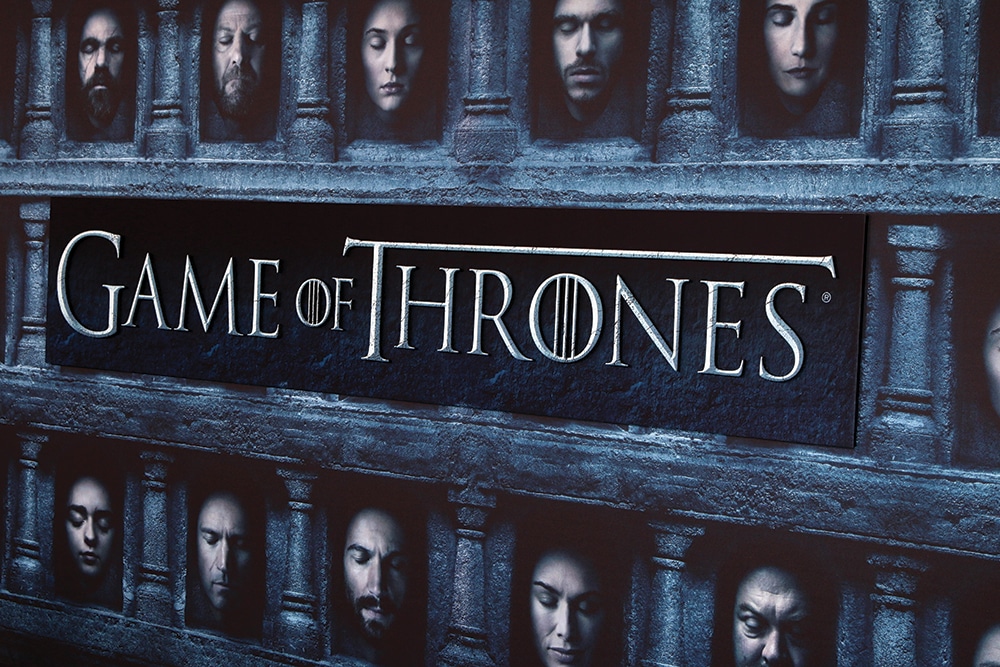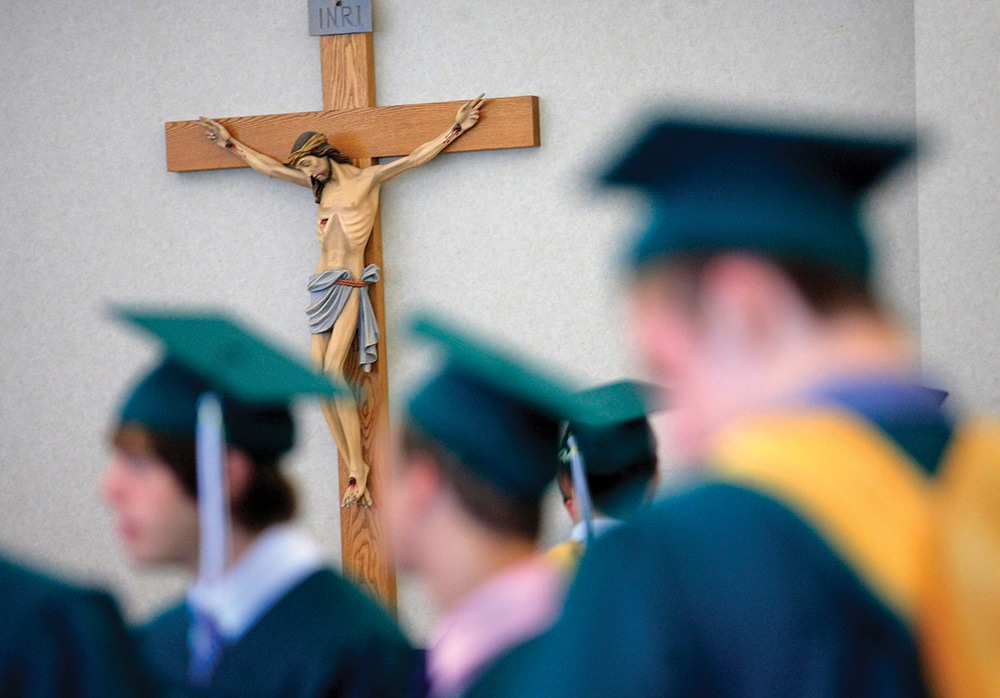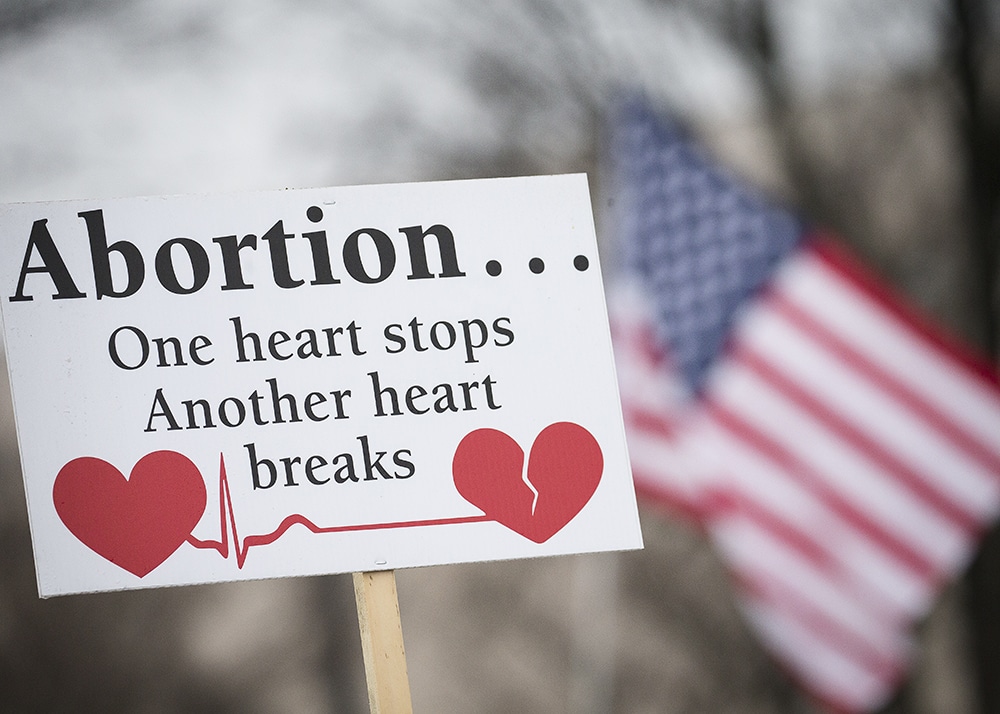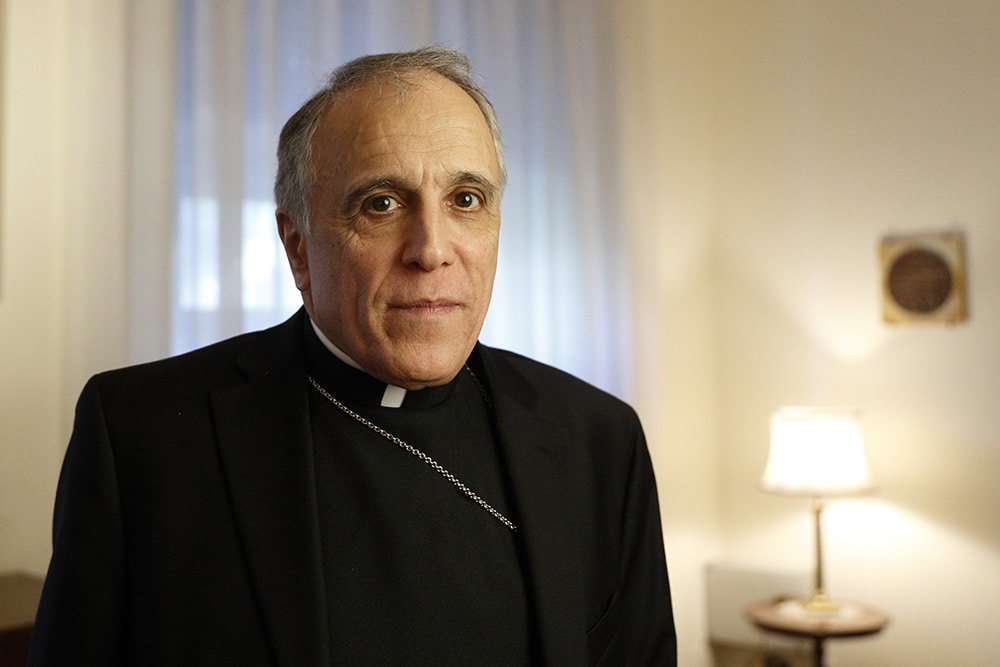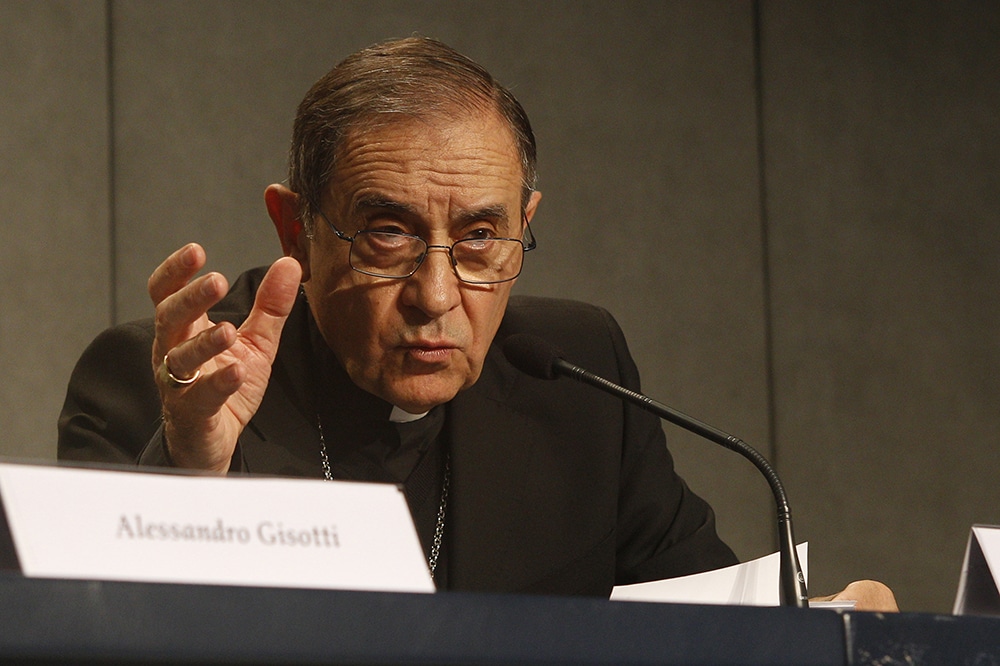One doesn’t need to be a fan of the HBO series “Game of Thrones” to know the fantasy drama’s eighth and final season is underway.
Besides seeing friends’ Facebook posts about the various plot twists in “GoT,” the Catholic blogosphere and social media worlds have been awash in recent essays, blogs, tweets and columns about whether or not the show is high-end pornography.
“I refuse to even watch it. It’s so graphic and disgusting,” said Karen Painter, a member of the National Council of Catholic Women who serves as that organization’s liaison to the Religious Alliance Against Pornography.
Painter told Our Sunday Visitor that she once saw a small segment that included one of the show’s infamous sex scenes.
“I saw all I wanted to see,” she said.
The debate on Catholic Twitter and elsewhere seems to boil down to whether or not one believes the simulated sex in “Game of Thrones” is a small part of what is otherwise a good show that has received 47 Primetime Emmy Awards, the most by a drama series.
“When I look at (‘Game of Thrones’), I’m looking at it for the story. I’m looking at it for the relationships, also the virtue,” said Pauline Sister Rose Pacatte, a film and television media critic who writes through a Catholic social justice lens.
Sister Pacatte told OSV that she is watching prior seasons of “Game of Thrones,” which she said is a well-scripted production that explores power on so many levels that it makes for a compelling story. She understands the concerns other Catholics have about watching the show.
“If something takes you away from your relationship with Jesus Christ, don’t get into it,” Sister Pacatte said.
Cultural acceptance
The “Game of Thrones” debate highlights long-running concerns that Catholics and others have long had about explicit sexual content becoming more common in media, and what that says about the culture.
The National Center on Sexual Exploitation, a nonprofit organization that used to be known as Morality in Media, cited “Game of Thrones” in naming HBO to its Dirty Dozen List in 2016 for “turning pornography and pornographic sexual violence into mainstream entertainment.”
Writing a blog for Covenant Eyes, a porn accountability software and Internet filter provider, author and pastor Noah Filipiak described shows like “Game of Thrones” as “porn you can rationalize.”
“If someone cropped out one of the graphic sex scenes from ‘Game of Thrones’ and put that single scene online, by itself apart from any of the plot and intrigue, and your teenage son downloaded it, would you call it porn? Yes, you would,” Filipiak wrote.
Painter said the popularity of “Game of Thrones” demonstrates how accepted pornography has become.
“Porn is everywhere now, and this goes hand in hand with that,” Painter said.
Dignity vs. immorality in art
For Catholics, the conversation about “Game of Thrones” also raises larger questions about sexual imagery in art: Are sex scenes ever necessary in film? Are they sinful? Can sexuality in film ever be explored in an authentic and yet dignified manner?
“To diminish (‘Game of Thrones’) by calling it porn dehumanizes the characters and objectifies them much more than the actual series does, because, in contrast to porn, all of the sexual scenes take place within a much larger context,” said Mary Ashley Burton, a writer, producer and director who lives in Los Angeles.
Burton, who is a practicing Catholic, told OSV that when wandering through a medieval church, it’s possible to see centuries-old depictions of Adam and Eve in the nude. Rather than leading people to sins of lust during Mass, their nakedness tells the viewer who they are and what their story is about.
| Offenses Against Chastity |
|---|
|
The Catechism of the Catholic Church (No. 2354) speaks of pornography as an offense against chastity. It reads: “Pornography consists in removing real or simulated sexual acts from the intimacy of the partners, in order to display them deliberately to third parties. It offends against chastity because it perverts the conjugal act, the intimate giving of spouses to each other. It does grave injury to the dignity of its participants (actors, vendors, the public), since each one becomes an object of base pleasure and illicit profit for others. It immerses all who are involved in the illusion of a fantasy world. It is a grave offense. Civil authorities should prevent the production and distribution of pornographic materials.”
|
“This is also true of characters in ‘Game of Thrones’ and other works of art,” Burton said. “We get to know them through their choices, both good and bad, and watch the consequences play out.”
Peter Kleponis, a licensed clinical therapist who works with people struggling with porn addiction, told OSV that he believes “Game of Thrones” is emblematic of the film industry’s belief that people will not watch movies and shows without explicit sex scenes.
“I think you can have many wonderful shows with really great plots without having to go that far, and I think that ‘Game of Thrones’ has really pushed the envelope with all this,” said Kleponis, the author of “Restoring Trust: A Couple’s Guide to Getting Past Porn” (OSV, $19.95).
Kleponis contrasted “Game of Thrones” with “Downton Abbey,” the beloved PBS British period drama that had no sex scenes or foul language.
“It was very popular. It had excellent plots, very good character development, great writing, scenery, costumes, all of that, but it wasn’t sexualized,” Kleponis said. “What it proves is that you can have great entertainment that isn’t shoving sex into peoples’ faces.”
Desensitized through media
Catholic moral teaching unequivocally condemns pornography as a grave offense against chastity and a perversion of sex. The Catechism of the Catholic Church says it commits “grave injury” to its participants (No. 2354) while warning about media that goes “too far in the exhibition of intimate things” (No. 2523).
A 1989 document from the Vatican’s Pontifical Commission for Social Communications warned about simulated “soft-core” pornography desensitizing its viewers and rendering them insensitive to the rights and dignity of others. But that statement also said that “a merely censorious attitude” on the part of the Church toward media is “neither sufficient nor appropriate.” The statement sought to define the terms of the conversation so that a rational discussion could be had on what can often be a difficult issue.
“There is a tension in art in that you are looking to expose the inner life of human beings that we don’t normally talk about in social settings,” said Rebecca Bratten Weiss, the editor of the Patheos Catholic Channel.
Weiss, who is a big fan of “Game of Thrones” and has written about the show on her blog, told OSV that while she does not agree that the show is pornographic, she added that there have been problematic scenes of female characters being raped and coerced against their will.
“The more interesting criticisms I’ve seen ask if we are becoming comfortable in normalizing exploitative sex and the exploitation of the bodies of human beings and actresses,” Weiss said. “Are we comfortable with this because it’s part of a story? Does that mean we’re going be comfortable with this in other contexts as well, in terms of sex trafficking, in terms of sexual predators?”
A show like “Game of Thrones,” Sister Rose said, is not for everyone. However, she advised that people should refrain from laying down absolute definitions for others that they apply to themselves since there is a certain subjectivity when it comes to media.
“For one person healing from pornography, it would be wise to stay away from something that might weaken the good work they’ve done to heal themselves with God’s help,” Sister Rose said. “On the other hand, it doesn’t mean you have to watch the Hallmark Channel 24/7.”

